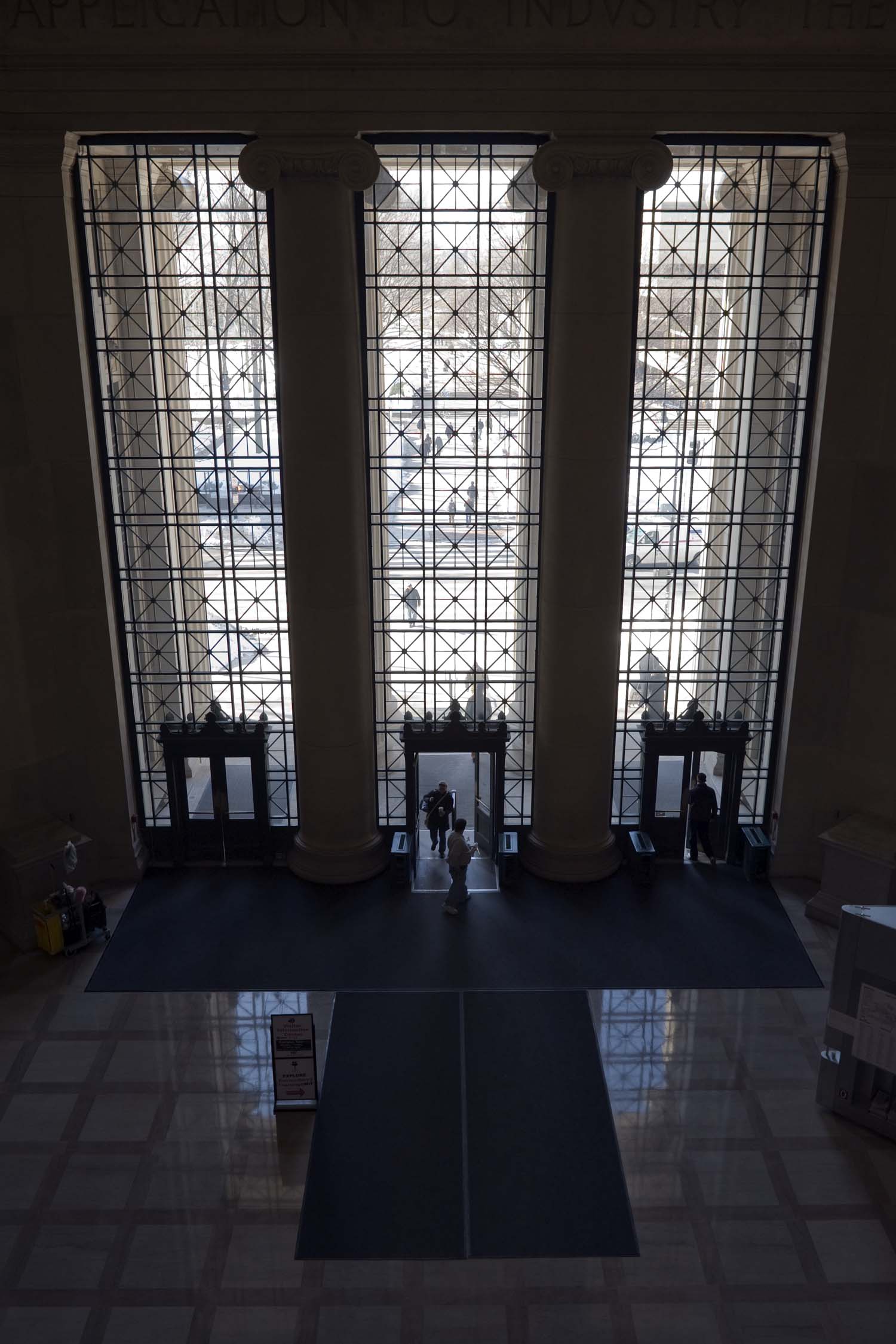Letters to MIT Community
Letter to the Community
In January we will begin our celebration of MIT's 150th anniversary. We approach this milestone at a time of great flux, and in this transformative moment some compelling events in the Institute's history suggest an important role for MIT today.
In 1861, the year MIT was founded, "technology" had only just taken on its modern meaning, and launching an Institute devoted to the advancement of technology was a bold experiment. Our founder, William Barton Rogers, had nurtured ideas for this new Institute over more than 20 years. He wrote and spoke widely about the imperative of making scientific knowledge useful and of making the "useful arts" scientific. He anticipated that the integration of the theoretical with the practical could accelerate the development of America's industry and economy.
On April 10, 1861, the Governor of Massachusetts signed MIT's charter. Two days later, the Civil War began. Rogers remained undaunted, even though MIT's first students would not enroll for another four years.
The revolution of practice and theory, education and research
After the war, the Institute that Rogers founded quickly became a powerful mechanism for discovery and innovation. By teaching science and engineering as hands-on activities and by valuing practice as well as theory, and education as well as research, Rogers' bold idea helped America design its future as an industrial powerhouse. While MIT faculty revolutionized teaching and pioneered research in fields from physics to architecture to chemical engineering, MIT graduates used science and engineering to transform daily practice in factories, railways, mines, shipyards and laboratories across the country. Some led in their professions while championing a more egalitarian ideal of American education, such as architect Robert R. Taylor (1892), MIT's first black graduate, whose vision still defines the campus of Tuskegee University, and chemist Ellen Swallow Richards (1873), MIT's first woman graduate, who directed the first comprehensive water quality testing in America and pioneered the new field of ecology. Some graduates, like chemistry students A.D. Little (1885) and Pierre DuPont (1890), and aeronautical engineers Donald Douglas (1914) and James McDonnell (1925), went on to shape entirely new industries. By founding his new Institute on the vibrant interplay of exploration and creativity, Rogers had given the world a compelling model of an "innovation machine."
A machine for inventing the future
In another hour of national transformation during and following World War II, MIT again contributed powerful ideas that propelled our country's future. The development of radar here at MIT made a decisive technological contribution to the war effort, and in the years that followed, the Institute became a preeminent example of a new engine for progress: the modern research university, fueled by federal investments in peer-reviewed technology and science, following the visionary blueprint of MIT's Vannevar Bush (PhD 1916). The talent and ideas that flowed from MIT and other research universities helped fuel an enormously productive future, with decades of economic growth, the birth of new industries, countless medical advances, and the emergence of virtually all of the technologies that enable our modern quality of life.
Our shared challenge today
Today, as we face another period of potentially transformative change, I believe the MIT community again has a crucial role to play and an important calling. We can demonstrate to the nation and the world that progress is possible against the great problems of today and tomorrow – energy, climate, water, poverty, megacities, disease – through science and technology deeply informed by wise policy and pursued headlong with the can-do culture of MIT. We can set a path toward a new future for American manufacturing, through innovative systems, processes, and materials. Building on our entrepreneurial spirit, we can deliver the innovators and innovations that will drive the next wave of economic growth. And MIT can inspire the next generation of young people, of every background, to understand that science, math and engineering can give them the exhilarating power to participate, not passively as spectators and consumers, but as the active explorers, entrepreneurs and inventors who will design the future.
In short, once again we can and will produce the kind of powerful new ideas our nation needs. We will do so by building on MIT's core strengths: our tradition of practical optimism, our appetite for tackling demanding problems with hard work, and our unbounded curiosity and steady confidence, built on bedrock standards of excellence and rigor.
Fulfilling MIT's responsibility and potential calls for both individual initiative and for institutional action. I welcome thoughts from all members of the MIT community on how the Institute can best rise, once again, to the challenge of national renewal and global service.
In particular, let me speak directly to MIT's students: In this work, we take great inspiration from the members of your generation who face the world's problems undaunted by scale and with a remarkable commitment to service. You have shaken off the label "Generation Y" to become "Generation Why Not?" This time of uncertainty demands every ounce of your enthusiasm for a challenge, your fearless problem solving, and your dedication to serving a cause greater than yourselves. I hope you will help MIT once again light the way to a brighter future.
* * * * *
Our sesquicentennial is just around the corner, and I invite you to join the kick-off event for our 150th celebration at the MIT Museum, from 3:00 to 5:00 on Friday, January 7. This official opening of the Museum's MIT150 Exhibition will mark the beginning of 150 days of events, performances and symposia that will reflect on the Institute's legacy of discovery and invention, and, importantly, explore how MIT can help invent the future. Please also visit the MIT150 web site to view the (still-expanding) celebration program.
With best wishes for the holidays ahead,
Sincerely,
Susan Hockfield
Office of the President
Room 3-208
Massachusetts Institute of Technology
77 Massachusetts Avenue
Cambridge, MA 02139-4307
P (617)253-0148
F (617)253-3124

